Private school problems
March 20, 2015
I’ve never been to a public school. In fact, I’ve only ever been to Catholic schools (unless you count preschool… but even that was Lutheran). As such, I feel qualified to say this: if your child is attending a private school, such as BSM, he or she is sheltered.
Now, I don’t say that to bash the concept of private education; I wouldn’t be here today if I didn’t see the value in schools like BSM. However, I think it is important to recognize the often inherent characteristics that small, majority white, typically affluent schools have.
The benefits of attending BSM are plentiful—we have small class sizes, great teachers, a college preparatory focus, and a strong moral/faith background. But acknowledging these facets must also be accompanied by a realization of what may not be present in our halls. Statistically, a BSM student is less likely to know someone living in poverty, struggling with hunger, or without a permanent residence. I had to explain to an upperclassman the other day that food stamps were not actually stickers that “poor people put on their food to make it cheaper.” Now while this incident may just be a singular example of ignorance, the lack of awareness that the majority of BSM students have towards economic hardships is anything but unique. When you walk through the neighborhoods around BSM, you are not walking through the “ghetto.”
A private school-educated student is less likely to know someone of a different race, ethnicity or culture. It makes sense that a Catholic school would be predominantly Christian, but recognize that this means your child will likely not be exposed to non-Judeo-Christian faiths on a regular basis. It is because of this that comments like: “I feel uncomfortable when I’m around Muslim women when they have their things on… you know on their heads?” are not met with bafflement in religion classes. Ignorance such as this should not be fostered in an institution of learning—even if it is a Catholic one.
If you are belligerently uncomfortable every time you are faced with a (gasp!) rainbow flag or same-sex couple, you’re most likely sheltered from the very real presence of LGBTQ+ identified people. Regardless of your views of non-heterosexual individuals, you will not be able to avoid their existence outside of BSM’s walls.
It’s not a matter of trying to stuff BSM with all kinds of diversity (though that may alleviate some aspects of the problem), but rather to take note of the experiences we may miss out on as members of a relatively sheltered community.
Now this is by no means an advertisement for public schools; BSM undoubtedly provides a stronger education than your average public school, but the fact remains that public schools provide a greater cross section of society than BSM or your average private school. BSM can teach you everything a high schooler needs to know about chemistry, math, history, etc, but it can’t necessarily teach you about the real world.
You will leave BSM able to solve complicated formulas, able to write lengthy essays, and maybe even attend fantastically prestigious colleges around the world. But make sure you also leave understanding the things you haven’t, or couldn’t, learn at a school like BSM.

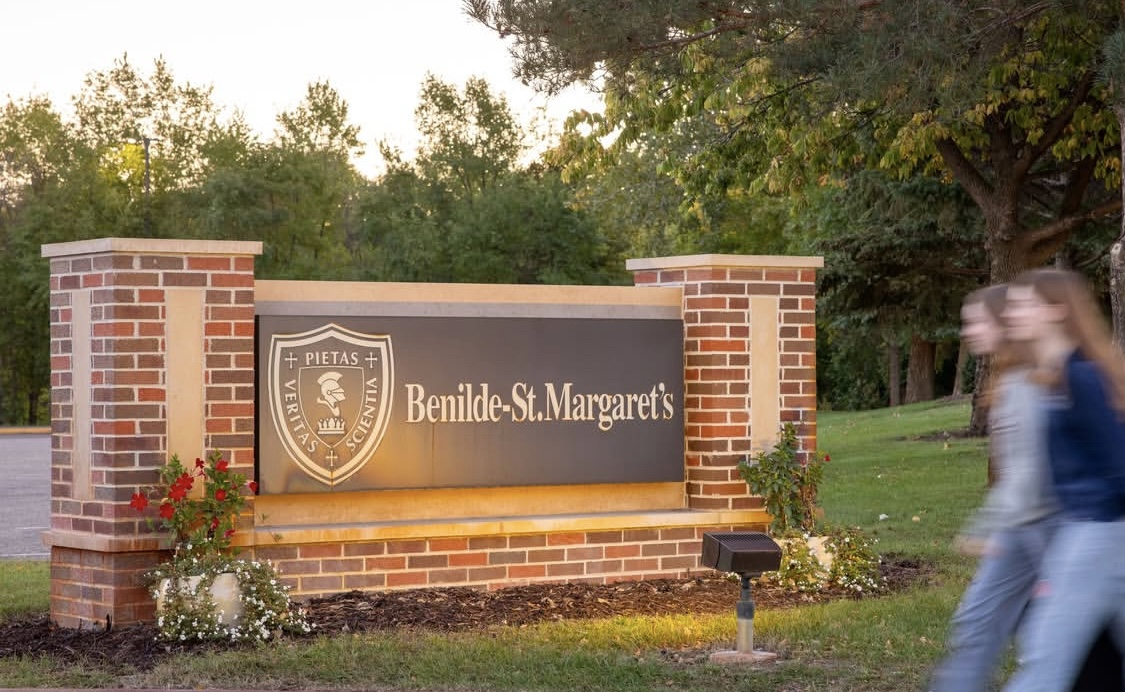




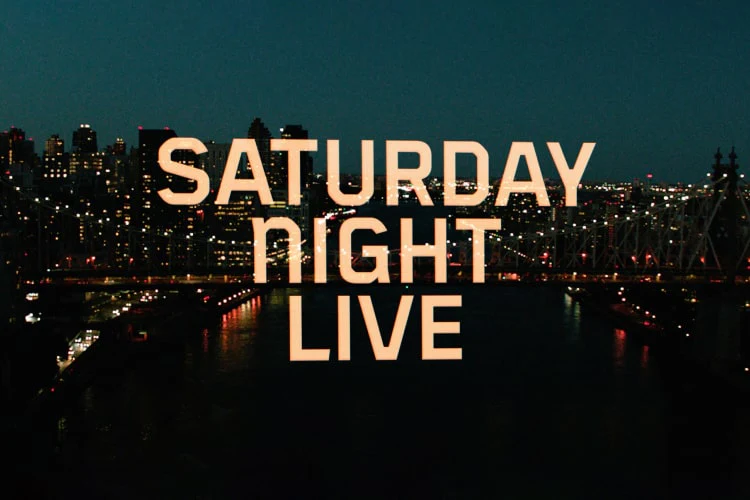
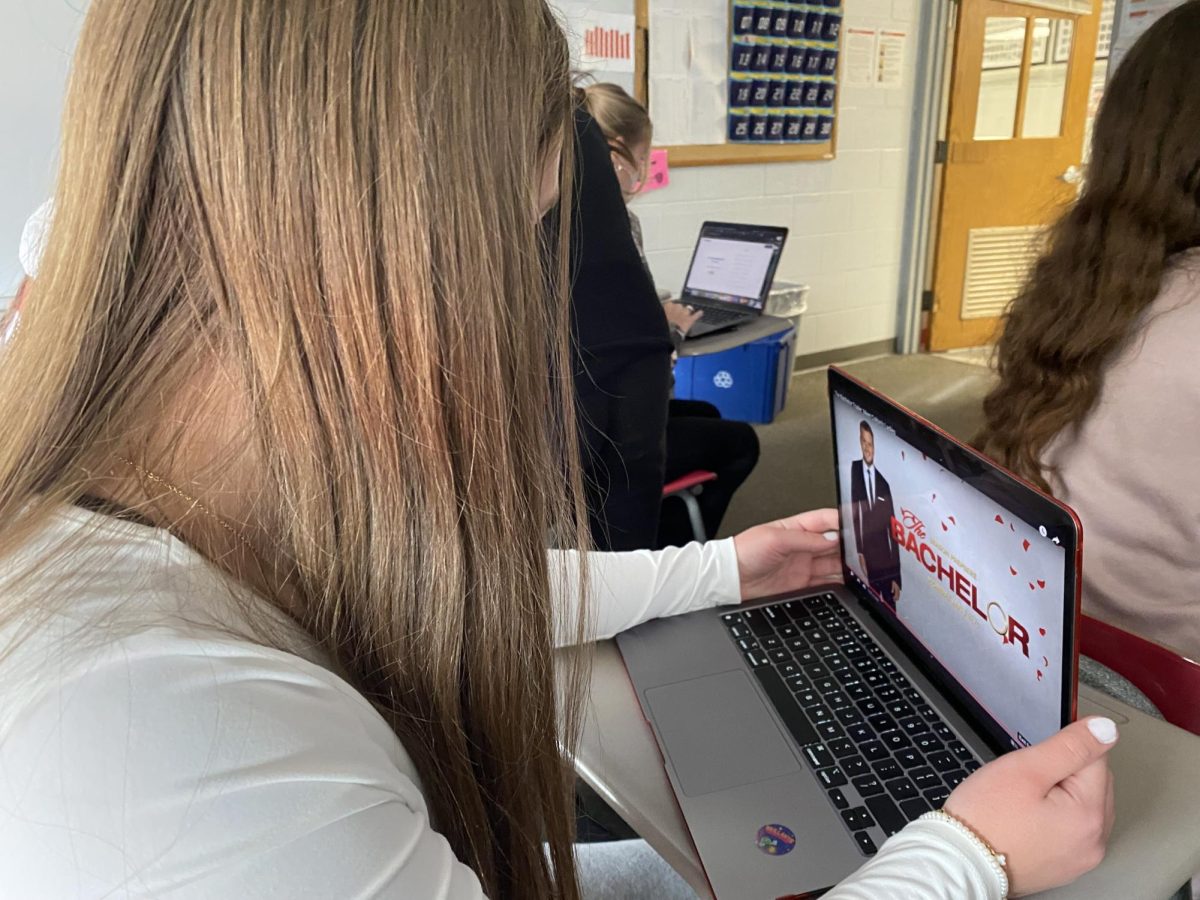
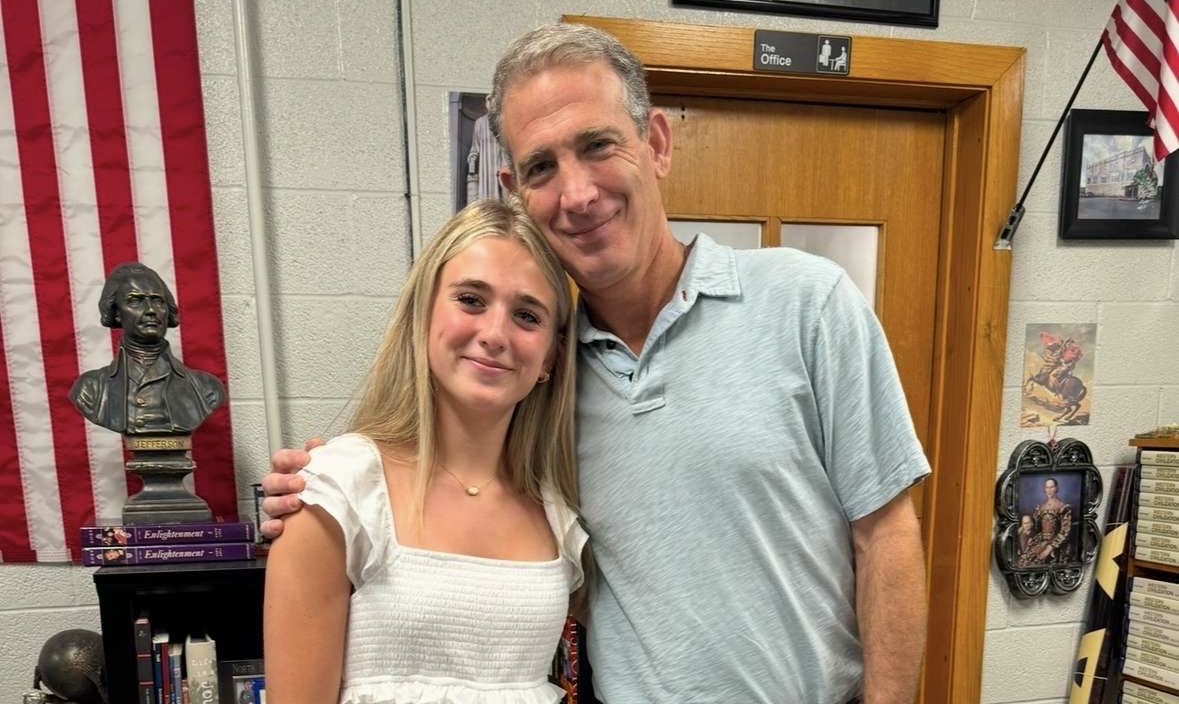
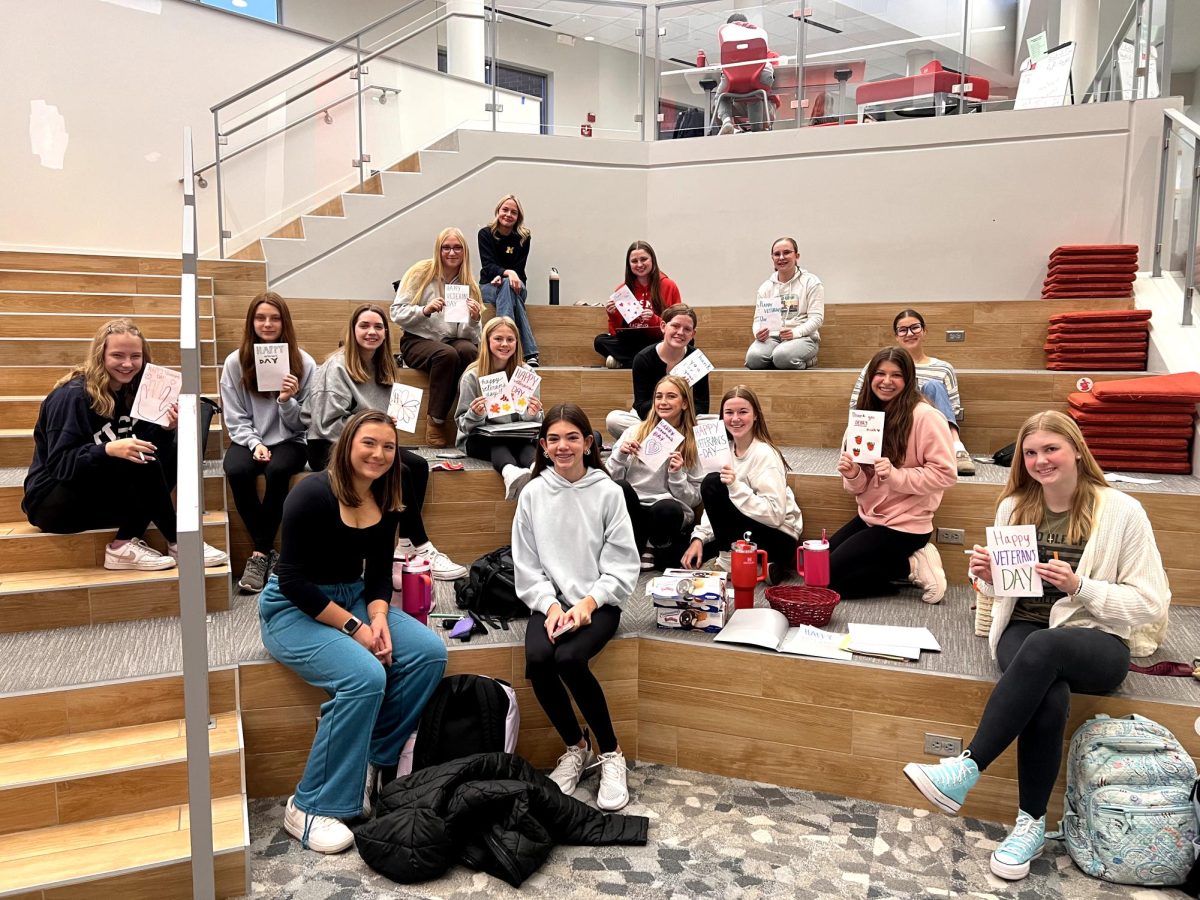
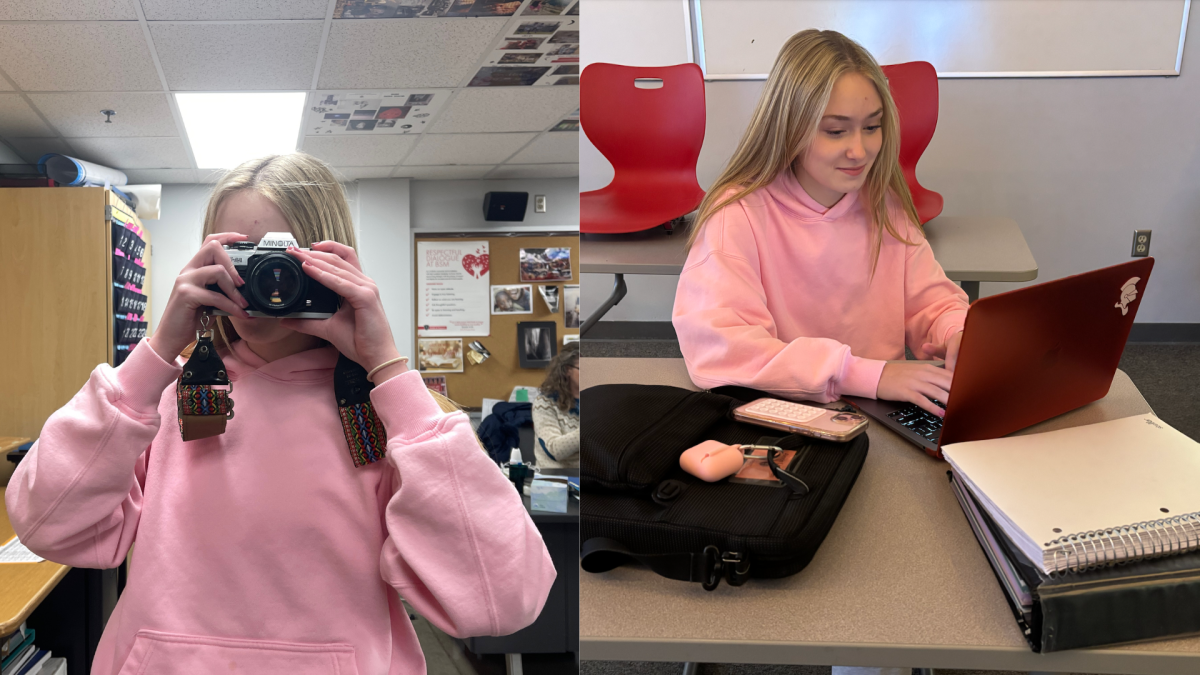
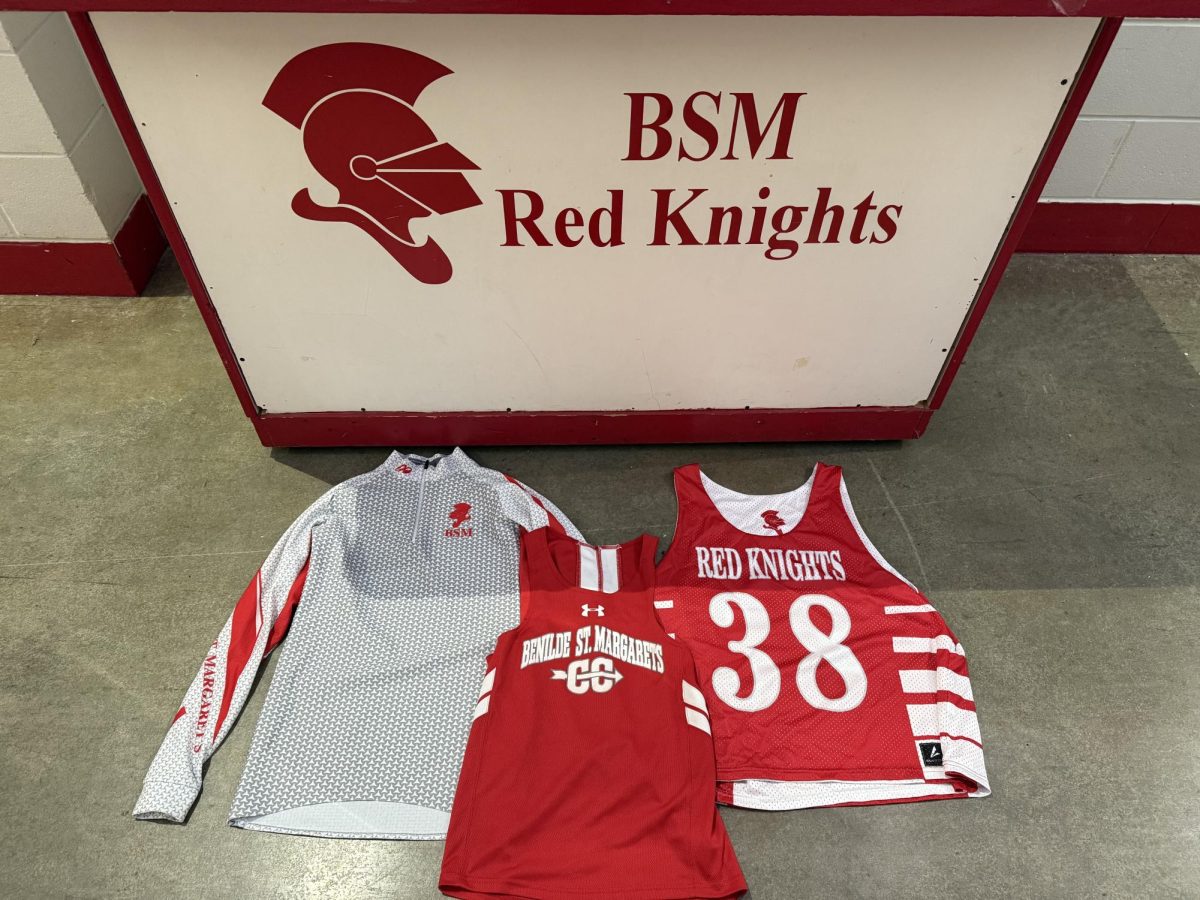




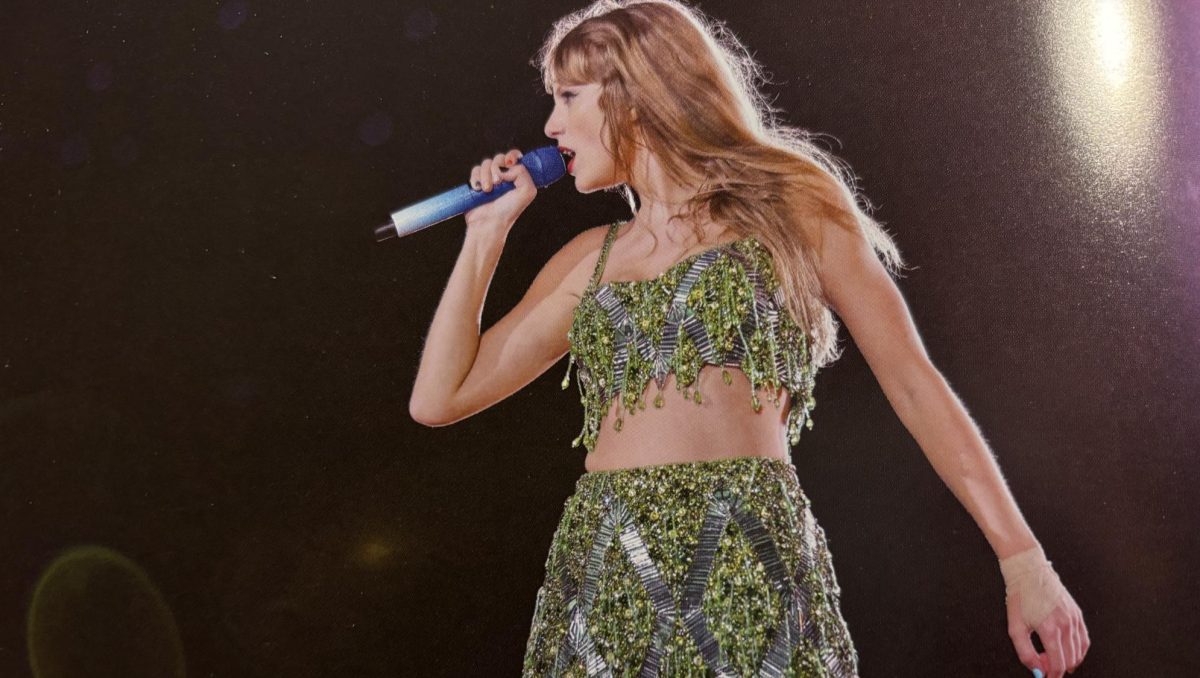




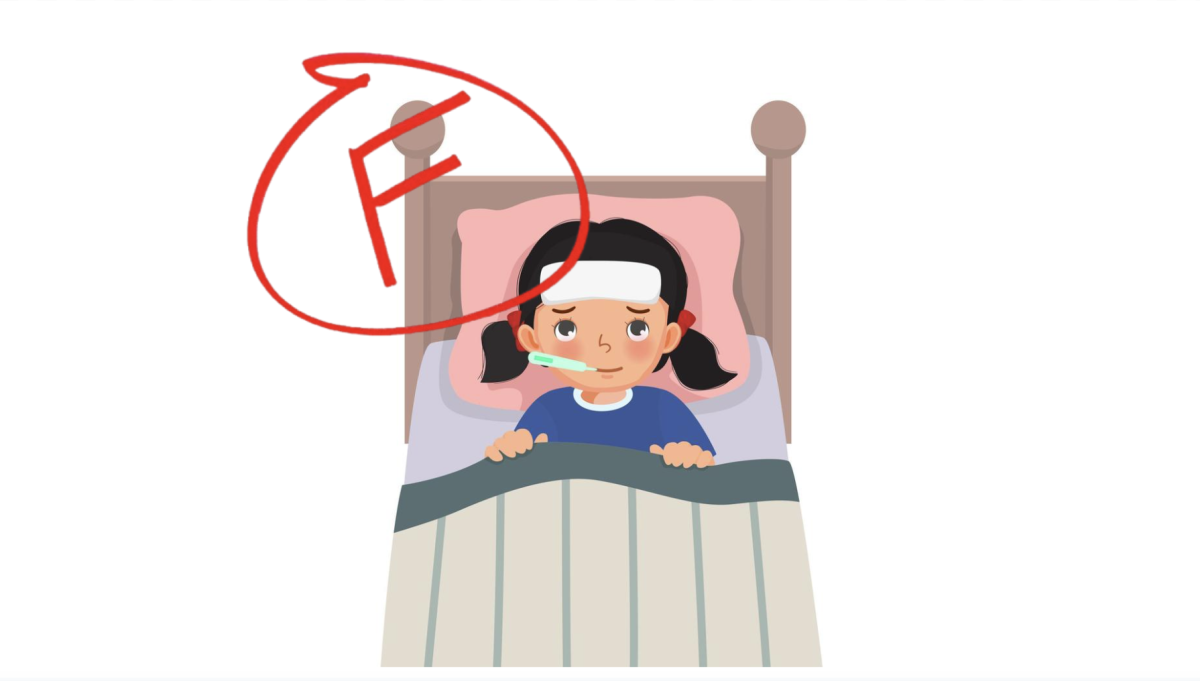

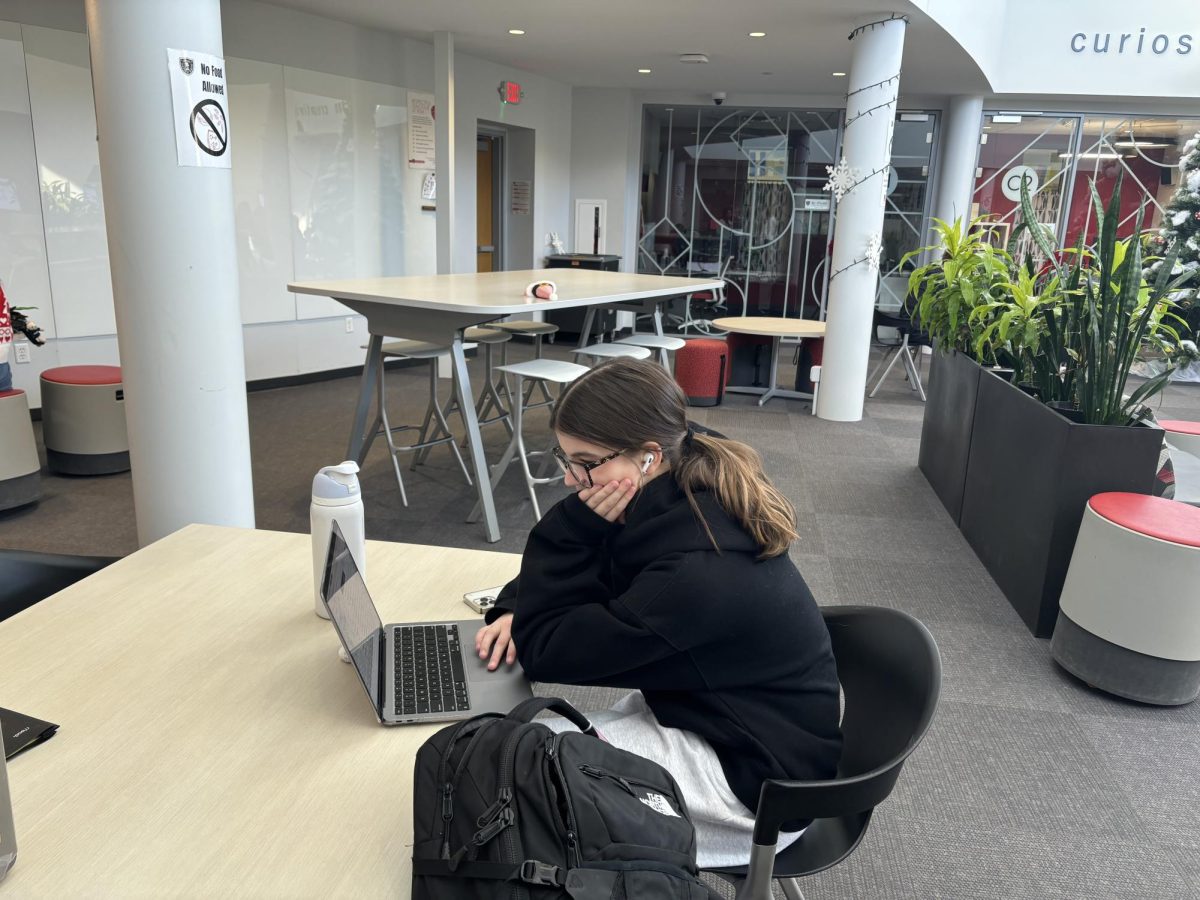

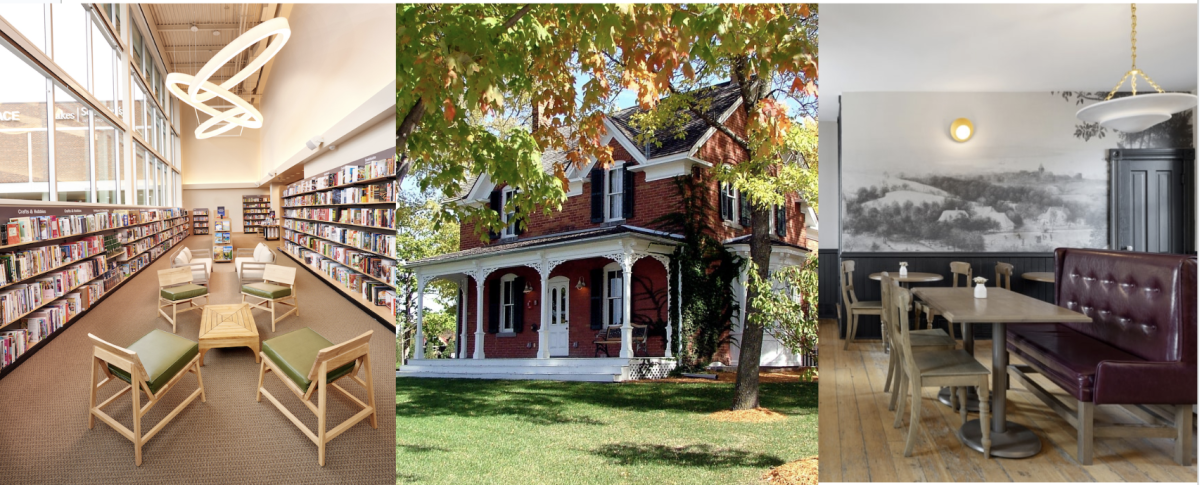











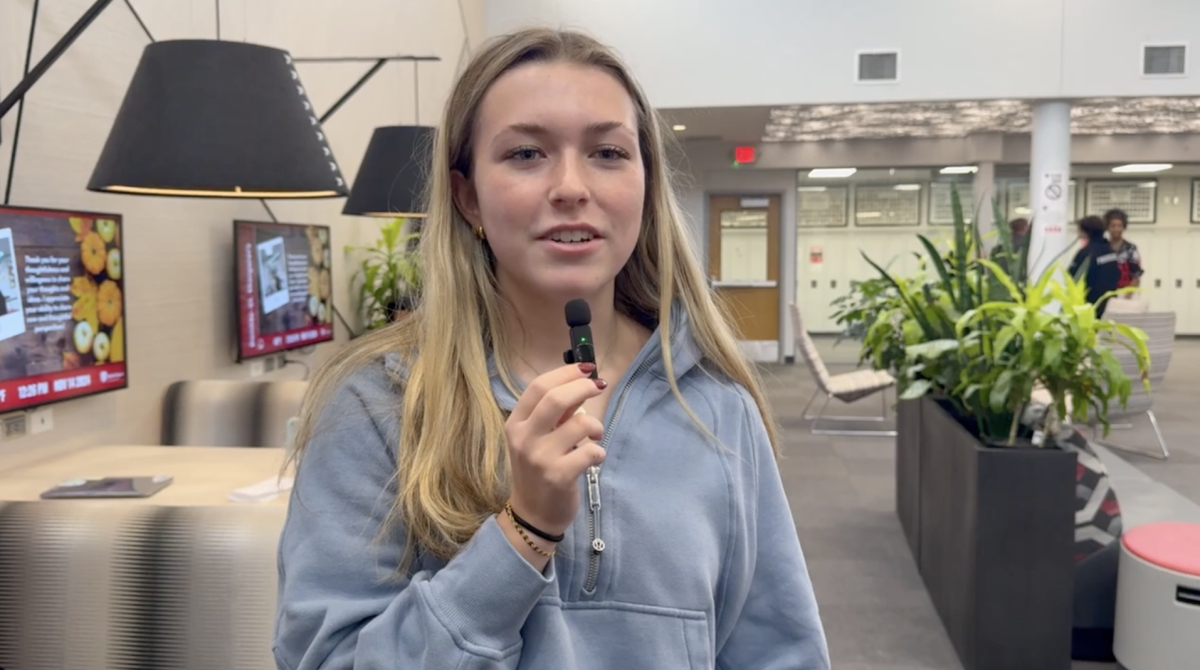











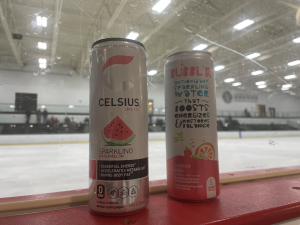


Alison Frank • Mar 21, 2015 at 10:39 am
I enjoyed reading your article Sarah and thought you made some points that are accurate. However, I think you lump all private schools into one large pool and this generalization is not honoring the many types of private schools that exist. I agree that many of your statements prove true in affluent, high performing, homogeneous, tuition based schools. One could argue that BSM is close to this, but that is not my point. There are a myriad of ‘private schools’, and I will speak to Catholic schools that do not fit the generalized stereotype written about in the article. There are Catholic schools in our country who serve the poorest of the poor. These schools work tirelessly in raising funds to keep their doors open so they can welcome the immigrant, the child of a single mother, those who would otherwise have to go to a poor performing public school and therefore never break the cycle of poverty they find themselves in. The true role of a Catholic school in our country is to form disciples, not simply teach excellent math/chemistry/english/etc, and in forming disciples these schools follow the one very simple command “Go to all nations.” Yes, there are schools that because of the location and demographic fit very closely to what you have described, but there are many others that are not mentioned in this article that look quite different. To write: “if your child is attending a private school, such as BSM, he or she is sheltered” discounts the many Catholic schools that are anything but what you describe here. Now, I will argue that in a sense any school should shelter to some extent the children in their care in an age appropriate and developmental way. It’s okay for children in their early years to be sheltered from the reality of adulthood and the world so that they can imagine, pretend, and play! Of course as children get older they need to be introduced to more serious and ‘real world’ things. Perhaps a piece would be interesting on Catholic schools in our country who reach out to those most on the fringe who, without these schools, would not have a safe place to call ‘school home.’ In cities such as Chicago, Los Angeles, Detroit, New York, and even here in St. Paul and Minneapolis there are some amazing things happening in these ‘private schools’ as they seek to educate, form, and inspire children to live up to their God given potential.
Michael Hawkins • Mar 20, 2015 at 8:01 pm
Sarah: wonderfully thought out and written editorial.
I only hope that some of your teachers could inculcate the
values that you espouse.
I totally agree with you and thank you for clearly articulating
your position.
All the best…
M. Hawkins